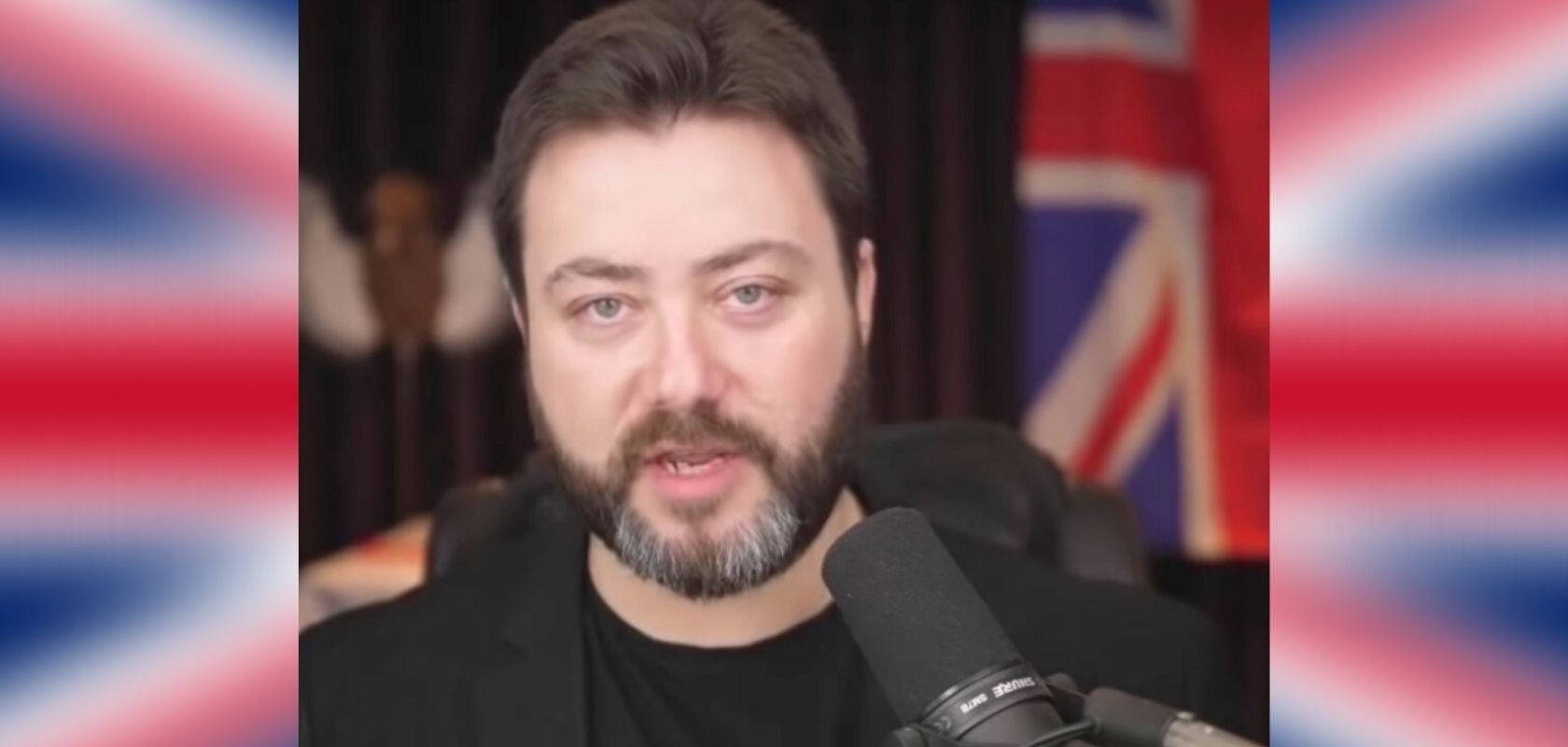The saga continues. A social media skirmish between YouTubers Akilah Hughes and Carl Benjamin started shortly after the US election in 2016, and then in 2017, it turned into a full-blown legal battle.
It took a New York judge several years to rule in the case brought by Hughes for alleged copyright infringement – when her original pro-Hillary Clinton election night footage was used mockingly by Benjamin (aka, Sargon of Akkad on YouTube) – to drive home a polar opposite ideological and political point.
Benjamin all along argued that his actions were protected by the fair use rule as a transformative work meant to produce parody or satire. And early in 2020, the judge agreed and dismissed the case in its entirety.
Not only that, but fair use was recognized here based on grounds that seem new and unprecedented – in any case, surely to be cited in many future copyright trials in the US.
A short while after the ruling, though, Benjamin decided to sue Hughes for legal costs incurred during the multi-year process.
But of course, Hughes doesn’t want to pay and has filed a defense.
Her new counsel has filed an opposition to Benjamin’s motion for attorney’s fees and costs, citing four prominent past cases, mostly concerning copyright.
At one point in the filing, Hughes, through her attorney, makes the case that her litigation conduct had been “reasonable, and her motivations in good faith.”
The argument is based on the fact that the winner in a case can ask for attorney’s fees to be paid, while according to relevant US Code, the court then “may” allow recovery of full costs – decide to whittle that down to just “reasonable fees” – or dismiss the request entirely.
The key argument the attorney for Hughes seems to be making here is questioning whether granting Benjamin’s request to be awarded these fees “furthers the larger objectives of the Copyright Act.”
Hughes’ counsel says, “no” – and asserts that her original litigation conduct was “reasonable, and her motivations in good faith.”
And if the judge finds that the motive for filing the lawsuit in the first place had been a sincerely held belief of believing that it was a genuine belief copyright was infringed – that may get her off the hook when it comes to paying those court costs.
The judge will now deliberate and decide whether or not that was the case here.














